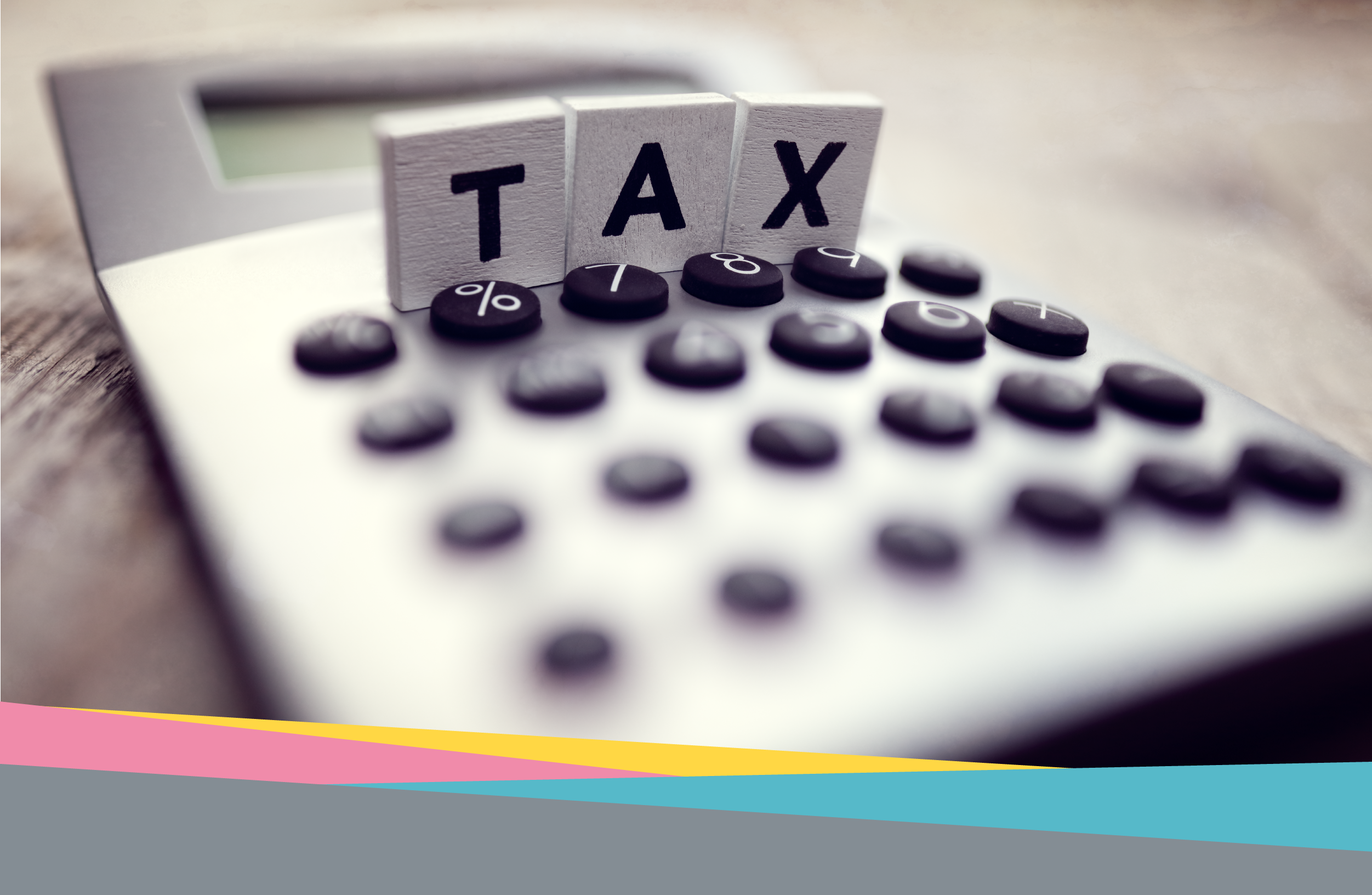What’s different this year?
Most importantly, HMRC has granted a month’s extension for self-assessment tax returns, in light of the pandemic. This means:
- Those who have not submitted their return by 31 January will not receive a late penalty provided they have submitted it online by 28 February;
- Anyone who has not paid their Self Assessment tax by 31 January will now not receive a late payment charge provided they pay it in full, or set up a Time to Pay arrangement, by 1 April.
Mortgage Interest Payments
Landlords can now only offset 20% of their mortgage interest payments when filing their tax return for 2020-2021. This has been a phased approach that began in 2017, with the full 20% limit now in effect.
Unsurprisingly this has been universally unpopular with landlords, with a recent poll by Nationwide finding over three quarters of landlords feel this tax change unfairly punishes them. Additionally, more than 1 in 4 said they have raised rents to cover the lost tax relief.
It could also have a double impact, forcing landlords into the higher- or additional-rate tax brackets, taxed at 40% and 45% respectively, despite the tax credit being capped at 20% regardless.
For landlords earning more than a total of £50,270 a year, any amount in excess of that will be taxed at 40%. Any earnings above £150,000 will be taxed at 45%.
You can read more about the tax relief chance on the government’s website here.
Meanwhile, there are still plenty of items and expenses landlords can claim tax relief on to reduce their tax bill, from wear and tear allowance to agency fees. Here’s a handy reminder of some common expenses your landlords should be declaring.
Wear and Tear allowance
The government allows landlords to claim tax relief on the actual costs of replacement ‘domestic items’ in their rental property. This change was made in 2016, replacing the blanket 10% tax relief which many landlords enjoyed.
The key word in the current wear and tear allowance is “replacement”. Landlords cannot claim tax relief on furnishing a property in the first instance, so keep this in mind.
Acceptable ‘domestic items’ include:
- Beds and other furniture
- Carpets
- Crockery/cutlery
- White goods like fridges and washing machines
Note that the allowable deduction is limited to the cost of the original item. For example, replacing a £400 washing machine with a £500 upgrade means the landlord could only claim tax relief on the first £400 of the cost of the item—the extra £100 is out of their own pocket.
Utilities & Service Costs
Yes, landlords can deduct the cost of water, gas, electricity and council tax they incur for rental properties. Landlords can also claim expenses for any services included in the terms of the rental agreement, including weekly cleaners and gardeners.
Landlord Insurance & Fees Incurred from being a Landlord
Any insurance purchased to protect the rental property/tenancy is also tax deductible, plus landlords can also deduct the cost of any agency or management fees they’ve paid to their letting agent in the past year.
Legal and Accountant fees also fall under this category.
Direct Costs (incurred as a direct result of letting the property)
This one is a bit harder to track, but could still save your landlords a significant amount of money over the course of the year. This means phone calls, printing, stationery and advertising costs are all tax deductible for landlords. They can even claim the cost of fuel/mileage travelling to and from their rental property.
Tax remains a complex and time-consuming issue for many landlords.
It’s therefore important you recommend that your landlords seek professional tax advice in advance of their self-assessments, while some may even be willing to hire a professional accountant to handle their taxes for them.

